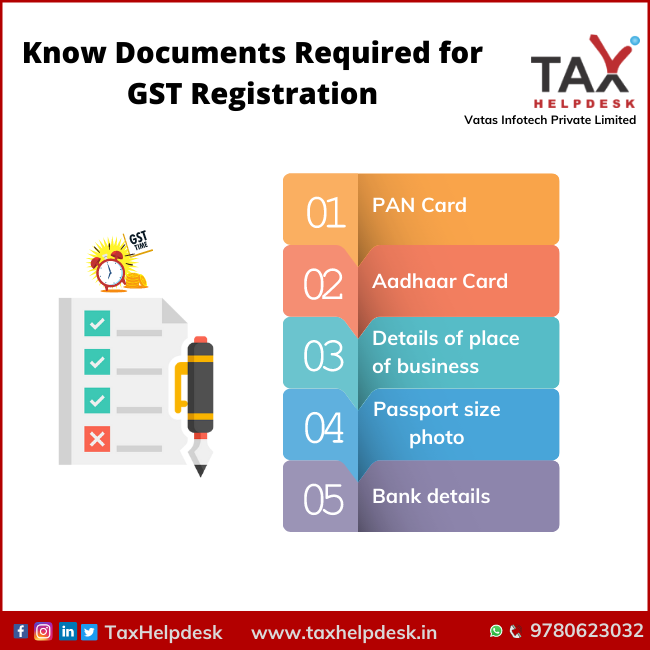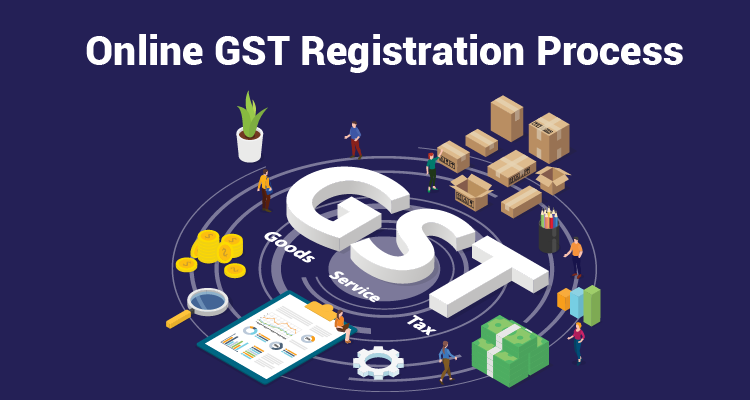Compare and Select the Best GST Registration Services in Singapore for Your Needs
Compare and Select the Best GST Registration Services in Singapore for Your Needs
Blog Article
From Beginning To End: The Ultimate Roadmap to GST Registration for Companies Looking For Financial Stability
Navigating the complexities of Product and Provider Tax Obligation (GST) enrollment is a vital action for companies making every effort for financial stability. Breaking down the roadmap right into convenient actions can enhance the enrollment trip for organizations looking to enhance their financial standing.
Comprehending GST Fundamentals
Delving into the fundamental concepts of Product and Solutions Tax Obligation (GST) is vital for acquiring an extensive understanding of its implications on services and the economic climate. GST is a value-added tax levied on most products and solutions for residential consumption. It has changed multiple indirect tax obligations that existed in the pre-GST age, streamlining the tax structure and enhancing simplicity of doing business in India. Under the GST system, both solutions and goods are taxed at a details price, which is identified based on their category. If their yearly turnover goes beyond the threshold restriction set by the federal government, organizations are required to sign up for GST. Input Tax Credit Score (ITC) is a considerable attribute of GST, enabling organizations to claim credit rating for tax obligations paid on inputs, decreasing the general tax obligation concern. Recognizing the essentials of GST is vital for services to adhere to tax obligation policies, handle their funds effectively, and add to the country's economic development by taking part in a clear tax system.
Eligibility Requirements for Enrollment
As of the present regulations, the threshold limitation for GST registration is a yearly accumulation turn over of 40 lakhs for companies running within a state, except for unique classification states where the restriction is 20 lakhs. Additionally, certain organizations are needed to sign up for GST irrespective of their turnover, such as interstate providers, casual taxable individuals, and companies responsible to pay tax under the reverse fee system. It is important for companies to extensively evaluate their turn over and deal types to determine their GST registration obligations accurately.
Records Required for Registration
Having actually satisfied the qualification requirements for GST registration, companies should currently ensure they have the requisite documents in area to continue with the registration procedure effectively. The documents needed for GST registration typically consist of proof of service constitution, such as partnership act, registration certification, or incorporation certificate for various types of organizations. In addition, companies need to give files establishing the major place of organization, try here such as a Continue rental agreement or electrical power bill.
Step-by-Step Enrollment Refine
Commencing the GST enrollment process involves a series of structured steps to make sure a certified and smooth registration for businesses. The initial step is to visit the GST portal and submit the registration type with exact information of the organization entity. Following this, the applicant obtains a Momentary Referral Number (TRN) which is made use of to resume the application procedure if it's not finished in one go.
Following, all required records according to the list given by the GST portal requirement to be uploaded. These files commonly consist of evidence of company identity, address and enrollment evidence of promoters, monetary statements, and business entity's PAN card.

Post-Registration Conformity Guidelines

Final Thought
In final thought, companies looking for financial security must recognize the essentials of GST, fulfill qualification standards, collect necessary files, follow the detailed enrollment process, and comply with post-registration guidelines - Best GST registration services in Singapore. By sticking to these steps, companies can make sure compliance with tax regulations and preserve financial stability in the future
Additionally, particular services are required to register for GST irrespective of their turnover, such as interstate suppliers, casual taxable persons, and services responsible to pay tax obligation under the reverse charge device.Having fulfilled the qualification requirements for GST enrollment, organizations need to currently ensure they have the requisite papers in place to continue with the enrollment procedure efficiently. The papers required for GST registration generally consist of evidence of business constitution, such as collaboration action, registration certification, or incorporation certificate for various kinds of organizations. Additionally, services need to offer records developing the primary place of company, such as a rental agreement or electricity expense.Starting the GST enrollment procedure includes a series of organized steps to ensure a certified and seamless enrollment for businesses.
Report this page